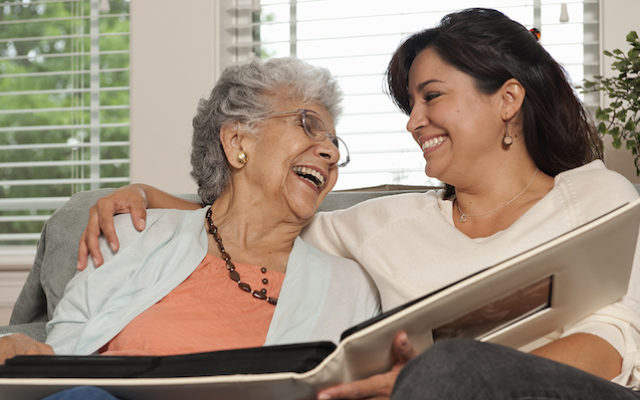Fifth Time the Charm? Iowa CARE Act Advances at State Capitol

DES MOINES, Iowa – Advocates for the Iowa CARE Act want lawmakers to codify what many say are common-sense procedures that would provide unpaid family caregivers with instructions and training for home medical tasks before a loved one or patient is discharged from a hospital.
Many family caregivers perform routine daily duties such as bathing and dressing a patient, but they also perform more complicated tasks such as administering injections and managing medication. AARP Iowa state advocacy director Anthony Carroll said there are at least 317,000 Iowans currently performing those tasks.
“The majority of that care isn’t provided by nursing homes or assisted living or Medicaid,” Carroll said. “The majority of those long-term services are provided by family members – I mean that loosely – family and friends, unpaid caregivers who provide that overwhelming majority of long-term care.”
The legislation would allow a hospital patient the opportunity to designate a family caregiver when admitted to a hospital. That would ensure the caregiver is informed if the patient is sent home.
This is the fifth year the CARE Act has been introduced, but it has made more progress in this legislative session than in previous years.
Iowa is one of only 13 states that has not passed the CARE Act. It became law in Missouri in 2018, and Carroll said several other states have found it improved communication and ensured better follow-through for patients and caregivers.
“What we’ve learned from other states is they’re seeing some preventable hospital re-admissions attributable to the CARE Act,” he said. “So we have some positive lessons learned from other states, but we’re really excited about this opportunity to really put patients first here in Iowa.”
A recent AARP survey showed more than 90 percent of caregivers said receiving instructions from the hospital about how to care for a family member or patient was very important to them.




